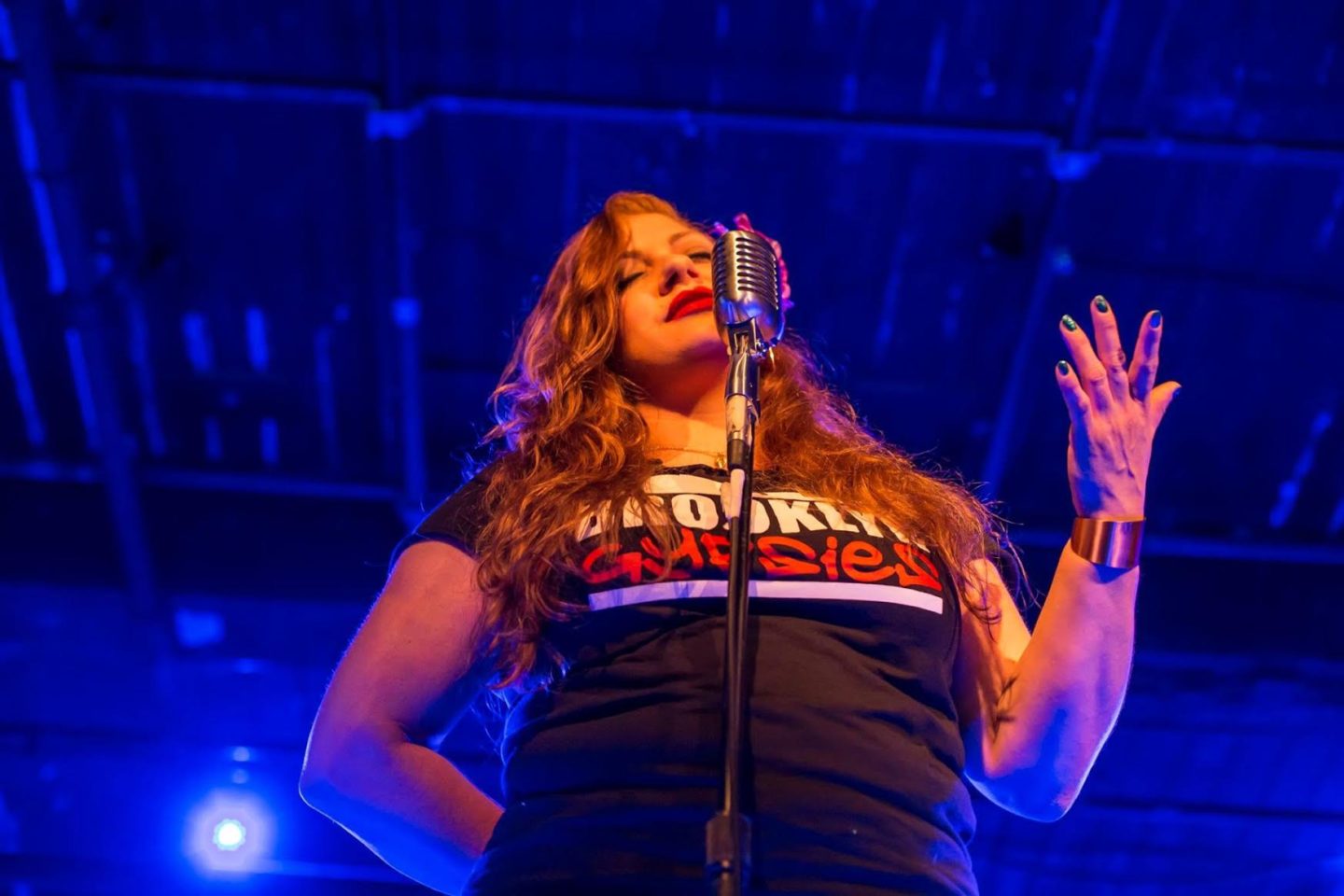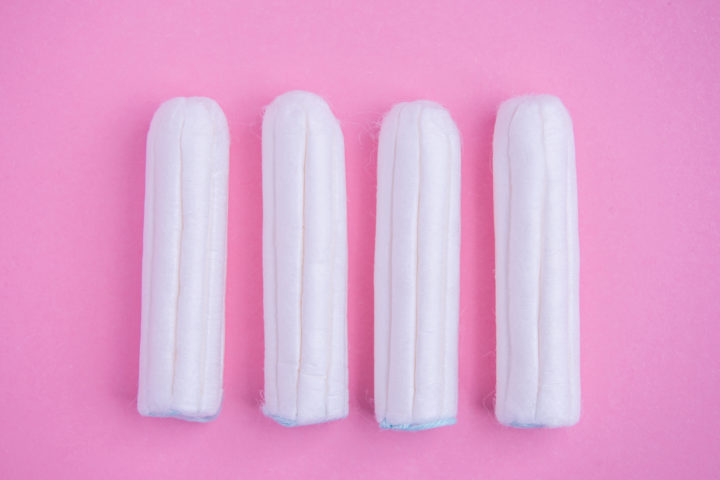Meet Jani Rose: a writer, a poet, an activist, an educator, a curator, and so much more.
She sat down with us to talk about her experiences and her advice as a multi-faceted professional who takes to the page and stage to express her love of the art of language and share the Nuyorican experience.
What do you do for a living and why is it awesome?
What don’t I do for a living?! I’m a freelancer. I share my poetry at colleges, poetry venues, night clubs, schools – wherever some poetry is needed and I’m welcome, there I shall be. I co-founded and run a poetry workshop series that’s about to kick off a new season at the Lower East Side’s Loisaida Center in June. It’s called La Sopa, an acronym for The School of Poetic Arts.
I work with an innovative social media marketing company called Sofrito for Your Soul, that specializes in branding and engagement with the “Latin” market. We provide visibility and social media interaction with the public, for the Center for Puerto Rican Studies at Hunter College, the Loisaida Center, the New York Puerto Rican Day Parade, and recently completed a campaign for Jennifer Lopez’s NBC show, Shades of Blue. I host and facilitate shows, and events that focus on such issues as street harassment, safe spaces, and teen domestic violence with organizations like WordAt4F, amongst others.
I do some consulting for organizations like Violence Intervention Program, called VIP Mujeres, a program that provides guidance and resources for survivors of domestic violence.
I’m not above cleaning houses. I’ve done that too. No shame in my hustle.
Tell us about a recent project you’ve worked on that you’re proud of.
I’m pretty proud of my chapbook Musings and Scribbles of Nuyorican Geisha. I’ve delayed putting any collections out there because I wanted to share a work that was definitive. My vision for the project was to create something that was a manifestation of who I am, as a book. Over time it changed as I changed, so it wasn’t ready—ever. The amount of pressure that is put on myself to create something that could sit alongside some of my favorite works was also important to me. One day all of the pressure that I’d put on myself to reach such lofty standards lifted. I had fun with it, put my heart into it, and pulled a collection of pieces that have been well received, alongside works that were demanding to be heard. It’s my hope that it provides inspiration, provokes thought and perhaps some kind of positive momentum for those who relate to the details or overall message.
In what ways do your passions for activism and poetry intersect?
That I am writing from my own perspective—simplified that would be: a Nuyorican, a Puerto Rican woman, a mother, born in Spanish Harlem and raised in the Bronx—infuses the work with sentiments and thoughts that stem directly from the socio-political-psychological-emotional ramifications of having been born and raised when, where, and to whom, I was born. Albertus Camus said, “The only way to deal with an unfree world is to become so absolutely free that your very existence is an act of rebellion.” By embracing ourselves, knowing WHY we are as such—as individuals, sub-cultures, a society—if we can get to the root, understand that none of this dysfunction is OUR fault, only THEN are we able work together to heal ourselves, and one another so that we can progress.
By creating arts based panels, discussions, curriculum, and events that speak to the issues that plague our communities, we address them head on. The artists have the responsibility to use their visibility and access to a captive audience to press for change.
I’m presently co-organizing a three city poetry marathon calling for the release of Oscar Lopez Rivera, a Puerto Rican political prisoner who has been in prison for 35 years this month, for a “thought crime”. We will feature 35 poets, and several speakers, at each site standing in solidarity with thousands who want Obama to pardon Oscar before the end of his term. I’m humbled by the opportunity to be involved, with such brilliant people, Rich Villar, Mariposa and Eduardo Arocho in Chicago, for such an important cause: Freedom for a man whose life has been taken from him because he BELIEVED that his country should be free.
What are your hopes for your future and the future of La Sopa?
At La Sopa we take a look at the history of poetry that has opened paths that led to how we express ourselves. Here is where we get to know ourselves and do the work. We hope to establish an institution that provides a legacy of creative education and community support for generations to come. In five years I want to have a space of our own that is buzzing with different kinds of workshops. I want it to a booming hub of activity and self-actualization.
Is there something specific that sparked your interest in poetry and education?
When I was little about six years old. I had a little book of Christian poems that were very relatable and beautiful. It was for adults, but worded very simply, and was full of color washes and water color design. I carried it sound in my little pocket book. I remember the encouragement of my first grade teacher being of the first acknowledgements of my skill. I had written a poem called Day by Day (one of the titles in my beloved pocket poetry book). She wrote my poem on the board and taught us about poetry by breaking down the elements that made it an exquisite work of poetry. My mother always called me a writer. She never let me forget that it was my gift.
I’m a life-long learner. The only way to progress is to explore and learn, so I do my best to make sure that the people I can touch have access to information and ideas that can influence their self-actualization.
What do you consider to be one of the most important aspects of your work?
The ability to translate experience in a way that connects all kinds of people. Though I may be speaking from a specific perspective I work toward creating art that’s recognizable as sketches of the universal experience.
Most important aspect of my work is that it creates a sense that we’re not alone in this. Cultivation of relationship—whether it’s during a fleeting moment while I’m on stage or at an event, or over time with people I mentor or am blessed to learn from. Droplets and ripples, cause and effect. I work to create a better immediate space around us and pray that its effects reaches others who are in need of whatever awesomeness comes from it. MOST importantly to make sure that my kids have a positive community to develop in.
I’m raising four boys and it’s imperative that they know, that even in the work that we do we can live artfully with integrity, love, and regard for others. This work allows me to walk in compassion and be their example. We have one chance to live this experience, and the work that we do monopolizes our lives, so make it worthwhile. We’re a team, that’s part of a team, that’s part of a team…
Can you describe one of your proudest moments since starting La Sopa?
One of the most recent events I curated and hosted for Capicu Culture, was the Queens Book Festival’s Q-Boro Lit Crawl, featuring La Sopa Poets and friends. We had a preparatory thread that was warm, funny and there was great flow. They’re easy to work with and enthusiastic about the journey that we’re on together. The night of the show I was absolutely blown away. It was intimate, dynamic, and powerfully cohesive, they put the LIT in lit fest. They’re my amazing poetry family.
What has been one of your biggest career challenges, and how did you overcome it?
One of my biggest career challenges has been overcoming insecurities about the quality of my work. I compare myself to others and think, “This is beautiful. I love it.” One of the reasons it has taken me so long to put a collection out is that my reverence for other’s work has made me question my output. I kept it simple. I have more confidence in my message and was just accepted to VONA—Voices of Our Nation Arts Foundation—where I’ll be joining one of my favorite poets Willie Perdomo and writers from all over the nation for a week of poetry workshop. My community validated the work’s value to them; I honor that by working harder, and it has given me the confidence that I need to hustle toward new plateaus.
Do you have any advice for young girls who are interested in using art as a medium for social justice?
Our voices are traditionally silenced. Especially as women of color. Burn so bright they can’t deny you your right to be heard and, when you can, create opportunities for others to do so. Be as honest as you need to be. If you’re not ready to put something out there, it doesn’t mean you won’t be. Do what is right for you now, and let inspiration and the Universe do the rest. Do the work and it will lead you to your tribe. Most importantly, one of the most important messages that I ever received, and shared, was at Rachel McKibbens’ Pink Door Writers Retreat: “You are important and your writing is necessary.”
You can learn more about Jani Rose by following her on Twitter.




comments